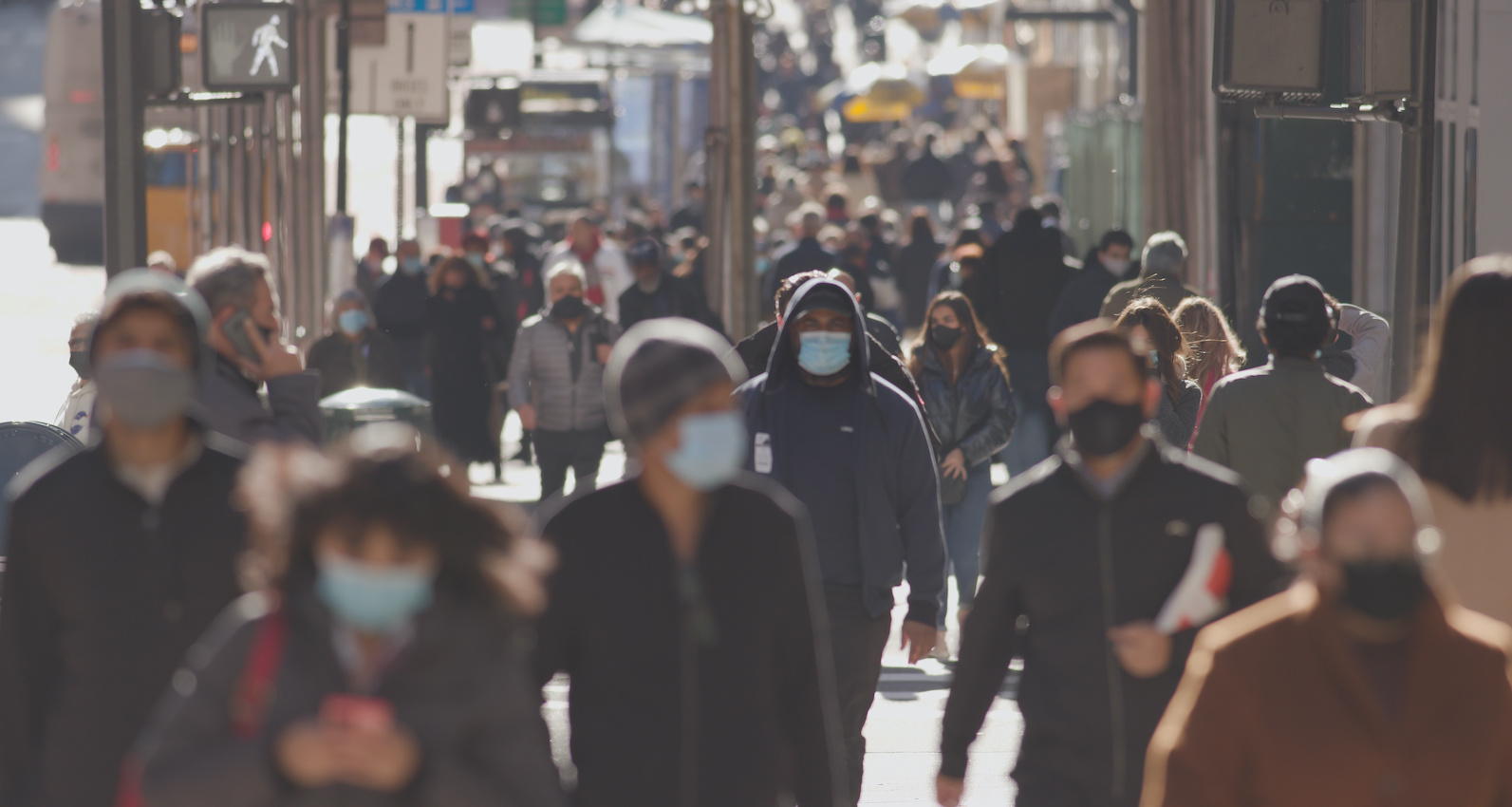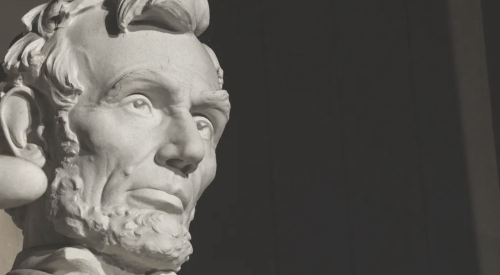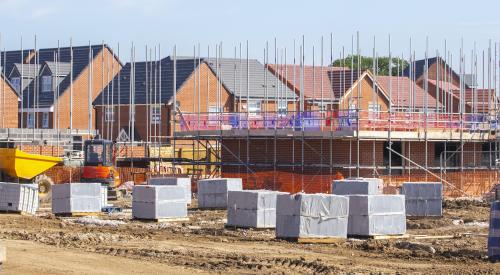To forecast the future of cities, look back on history. Influential resets that remake and revitalize economies have often come after devastating events in history, such as the 2008 Great Recession. Realtor.com says these Great Resets bring opportunity to create more equitable and inclusive communities. After both the Great Depression and World War II, the suburban wave brought economic growth and the Long Depression spurred the rise of industrial cities such as Detroit and Pittsburgh. When it comes to this time in history, Realtor.com says cities will snap back just as they once did during epidemics, wars, and natural disasters.
First, Covid-19 will not kill off cities like New York and London. Global cities will not only survive but revive—as they did after even deadlier epidemics, economic crises, wars and natural disasters in the past—as their commercial spaces are transformed into mixed-use areas where people live and work. This is because the clustering force—of talent and innovation—is a core characteristic of this new reset. But, smaller cities and suburbs as well as rural areas also have the ability to thrive as people flock to them because of their ability to do far-flung jobs remotely.
This pandemic, like pandemics through all of human history, is not a fundamental disrupter but an accelerator of trends already under way: “pull forces” that draw certain groups, like families with children, out of cities, and “push forces” that impel others, like the young and the ambitious, techies and artistic creatives, into cities, especially as they become more affordable.













